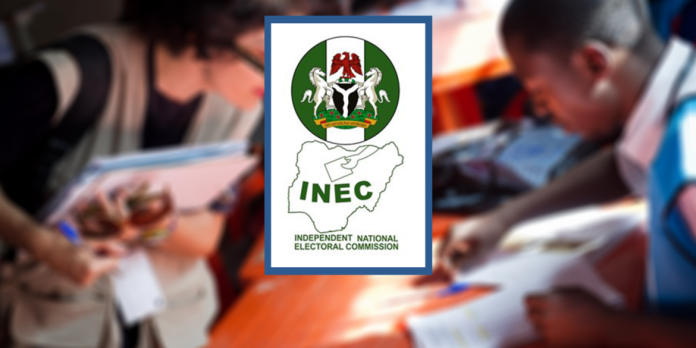Okoye said the Bimodal Voter Registration System (BVAS) will reject biometric data of persons who are not original owners of the traded PVCs. As the 2023 general elections draw close, the Independent National Electoral Commission, INEC, says it has removed polling units from shrines, churches, mosques, and homes of powerful politicians.
What INEC said: It said the development is to ensure electoral integrity.
This was disclosed yesterday by the INEC’s National Commissioner and Chairman of the Information and Voter Education Committee, Festus Okoye while speaking on Channels Television’s Sunday Politics.
Okoye urged voters to support the commission’s efforts to ensure free and fair elections in the forthcoming elections.
He said: “We removed polling units from the palaces of traditional rulers; we removed polling units that are near the homes of politicians; we removed polling units that are in shrines; we also removed polling units from places we consider not conducive for electoral business.”
Other warnings: INEC said politicians buying Permanent Voters Cards (PVCs) to manipulate the elections are engaging in futile efforts.
READ ALSO: Saudi, China to forge all-round, high-level cooperation pattern
Recall: that a non-governmental organization, the Socio-Economic Rights and Accountability Project, SERAP, had alleged that politicians are buying PVCs from poor voters to manipulate the next elections.
On BVAs: Okoye said the Bimodal Voter Registration System (BVAS) will reject biometric data of persons who are not original owners of the traded PVCs.
He described the plan by some desperate politicians who













